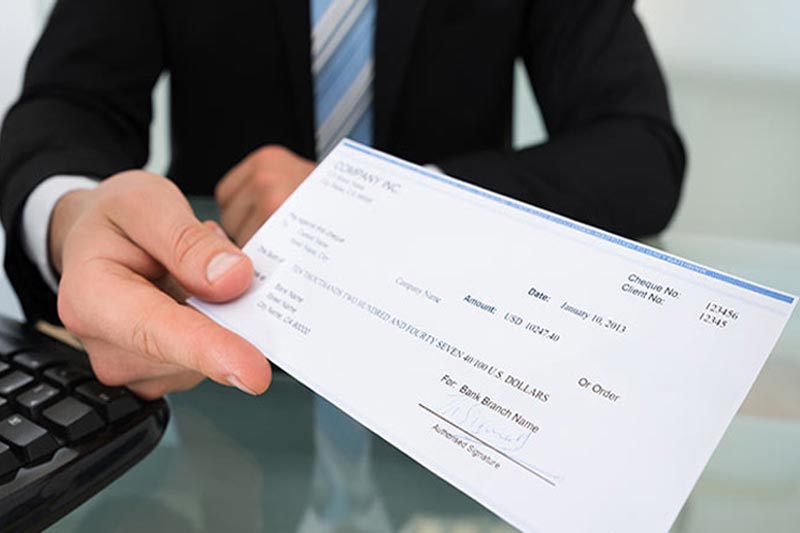As a business owner, employing your first staff member and paying your first wages can be a daunting prospect. While a lot of people choose to use registered accountants to get themselves started, you really don’t need to. As long as you follow the instructions set out by the Australian Tax Office (ATO), paying your first wages is a relatively simple process.
Accountants Perth advise however, you do need to be aware of your superannuation obligations. Unfortunately, a lot of employers make mistakes when it comes to paying super, and these mistakes can end up costing a lot of money in ATO fines and penalties.
So, what are my super obligations?
We recommend you check with your lawyer because as an employer in Australia, you usually need to make super payments for all employees who are 18 or older, and who earn at least $450 per month. This isn’t a hard and fast rule, so make sure that you do your research to find out what is appropriate for your circumstances. If you are confused, a simple phone call to the ATO can help you figure things out.
Currently, you have to pay a super contribution of 9.5% of an employee’s earnings into their nominated super fund. Note from Financial Planner Perth, that you can’t deduct super contributions from an employee’s wage – they are additional payments above and on top of their normal hourly rate.
If you don’t already know where your employees want you to pay their super to, make sure that you ask them for their account details. If they don’t have an existing super fund, you will need to open an account for them in a basic fund, and pay their contributions into that. Payments have to be made at regular intervals – usually quarterly – and must be made before the due date to avoid financial penalties.
What are some common super mistakes made by employers?
Unfortunately, even small mistakes made when working out and paying super for your employees can result in significant penalties from the ATO. Some of the more common mistakes to watch out for include:
- Not paying enough super, which may be intentional, or due to a lack of understanding of the system.
- Not paying super on time, which can result in penalties from the ATO.
- Keeping poor records, which is always a very bad idea when it comes to accounting.
If you aren’t sure what your super obligations are as an employer, then sit down and do some research. Spend some time learning what you have to pay and what records you have to keep. If you are still confused, speak to a registered accountant and ask them to check over your books. They will be able to identify any problems, and should be able to correct you if you have made mistakes. Don’t worry about the cost – it will be worth it in the long run.

